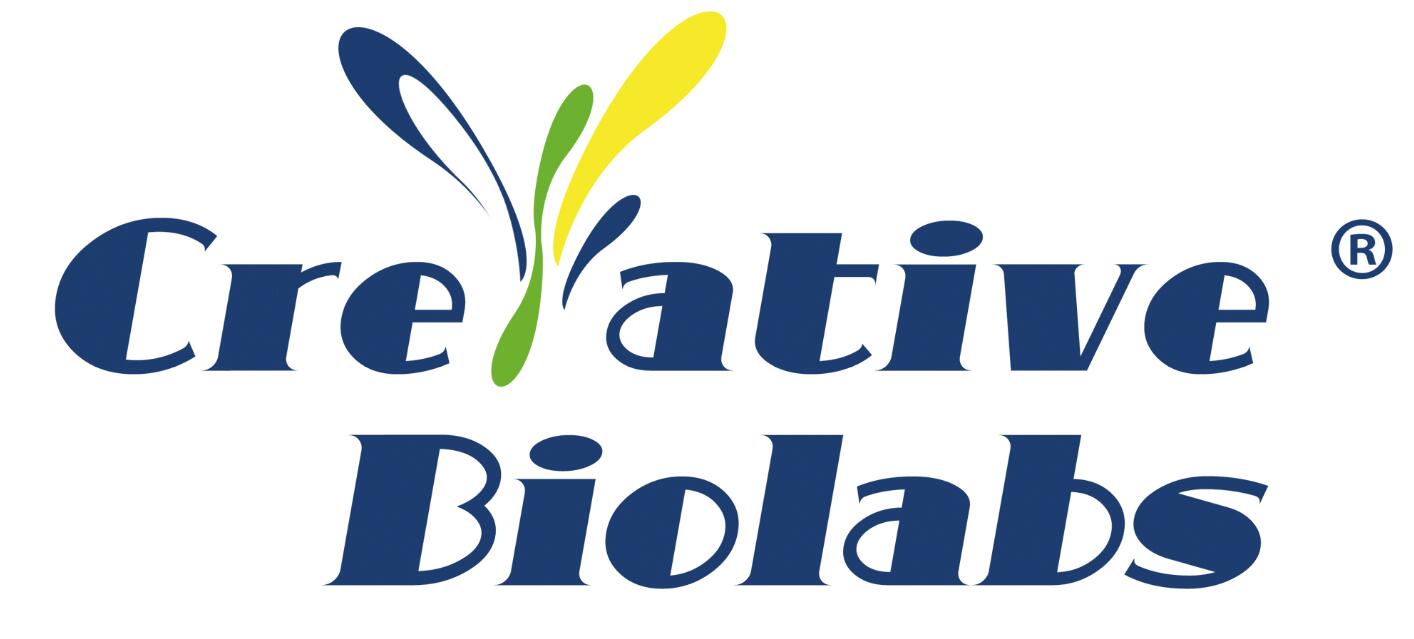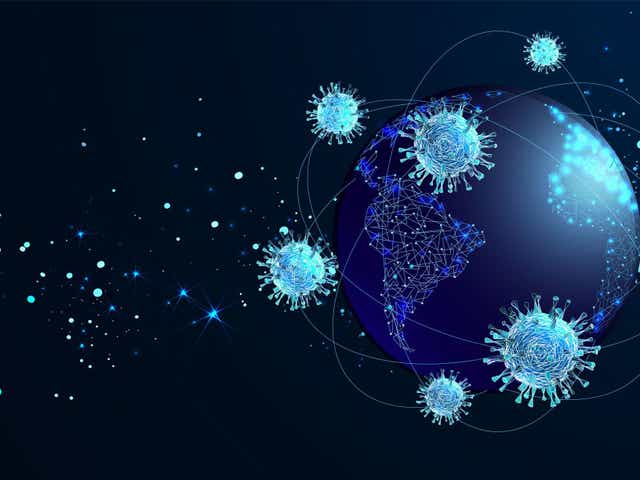In a new study, researchers from Humabs Biomed SA and the University of Washington found that an antibody that suppresses the associated coronavirus was identified for the first time in a blood sample from a patient with SARS. At present, this antibody, called S309, has entered the track of rapid development and testing in Vir Biotechnology, and clinical trials may be carried out in the next step. The results of the study were published online on May 18, 2020 in Nature. The paper is entitled “Cross-neutralization of SARS-CoV and SARS-CoV2 by a human monoclonal antibody”.
“We still need to prove that this antibody has a protective effect in the life system, which has not been done so far,” the researchers said. “There are no approved tools or approved treatments that have been shown to fight the coronavirus that causes COVID-19. If the antibody turns out to be able to fight against novel coronavirus SARS-CoV-2, in the human body, it could become part of the pandemic arsenal.”
Veesler says his lab is not the only one seeking to treat COVID-19 with neutralizing antibodies. The difference between this antibody is that it is not found in COVID-19 patients, but in people who were infected during the SARS epidemic 17 years ago. That’s what makes it possible for them to make progress so quickly.
The researchers identified several monoclonal antibodies from memory B cells of SARS survivors. Several antibodies in these memory B cells target a protein structure on the surface of the coronavirus: spike protein (S protein) trimer. This structure is essential for coronaviruses to recognize ACE2 receptors on the surface of host cells, fuse with them and inject their genetic material into host cells. This S protein trimer is located in the spike structure of the coronavirus. S309 antibodies are particularly effective in targeting and disabling spike proteins. It can neutralize SARS-CoV-2 virus by binding to the S protein fragment near the attachment site of the host cell.
Through cryogenic electron microscopy studies and binding tests, these researchers learned that S309 antibodies recognize a binding site on the surface of the coronavirus. This binding site is conserved in many viruses of the subgenus sarbocovirus of β-coronavirus, not just in SARS-CoV and SARS-CoV-2 viruses. This is probably why this antibody works against a variety of related coronaviruses. The combination of S309 antibody with other weak antibodies found in recovered SARS patients can enhance the neutralization of SARS-CoV-2 virus. The researchers say the antibody mixture may help limit the ability of coronaviruses to form mutants so that they cannot escape the treatment of individual antibodies.
The researchers hope that these preliminary results will pave the way for the use of S309 antibody alone or in combination as a preventive measure for high-risk groups exposed to SARS-CoV-2, or as a post-exposure drug to limit or treat serious diseases.

